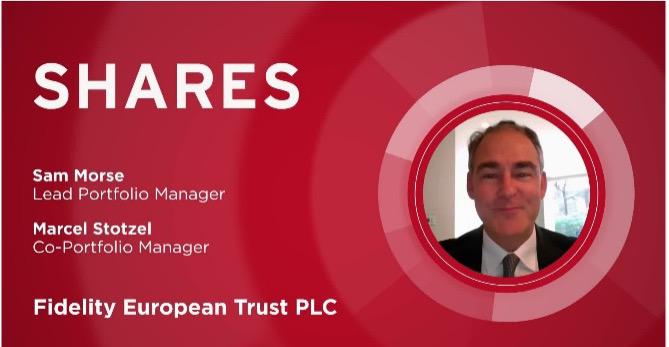3 minute read
What are the rules around topping up national insurance contributions?
Next Article
Until the end of the tax year in April you can make payments for years going back to 2006
What are the rules around topping up my National Insurance contributions record? I turn 60 in April and am unsure about my state pension entitlement. I worked abroad between 2007 and 2010 and didn’t return to full-time employment until 2012. Any information you can provide would be extremely helpful!
Grace
You need a 35-year National Insurance (NI) contribution record to qualify for the full ‘new’ state pension, worth £185.15 per week in 2022/23. This was increased from 30 years when reforms to the system were introduced in April 2016.
You also need to have an NI record of at least 10 years to qualify for any state pension, with deductions made for every year you have missing.
This doesn’t just include being employed and paying NI – you can also get NI ‘credits’ for things like caring for children or elderly relatives.
If you have worked abroad, earned a low salary or had gaps in employment, you might have holes in your NI record. Handily, there is a website where you can check your NI record and state pension forecast.
Anyone who previously ‘contracted-out’ of the state pension under the old system (which existed before 6 April 2016) might also be entitled to less than the full state pension (even if they have a 35-year NI record).
Contracting out (which no longer exists) just meant you paid lower NI and in return didn’t receive entitlement to the state second pension (the state pension used to be made up of two parts – the basic part and the state second pension, which was previously called ‘SERPS’).
If you have previously contracted-out, a deduction will be made to your state pension entitlement. If you aren’t entitled to the full state pension as a result of being contracted-out or you having missing NI years for other reasons, you can buy extra NI years to make up the gap.
However, not everyone who was contracted-out will benefit from buying extra NI years. This is quite complicated and will depend on what you’d have been entitled to under the old system.

The Government’s Future Pension Centre should be able to tell you whether topping up your NI voluntarily will boost your state pension income. If you are considering voluntarily buying NI, contact the Future Pension Centre before parting with any cash, as if you buy NI years and it doesn’t boost increase your state pension, there is no guarantee you will get your money back.

You can usually buy NI to fill gaps in your record for the previous six tax years. However, until 5 April 2023, transitional arrangements introduced alongside reforms to the state pension in 2016 mean you can fill in gaps all the way back to April 2006.

You will usually need to pay voluntary ‘Class 3’ NI contributions to top up your state pension entitlement. In 2022/23, it costs £15.85 to buy one week’s worth of Class 3 NI, or £824.20 per year.
Based on someone increasing their entitlement to the ‘new’ state pension (worth £185.15 per week in 2022/23), that could result in an income boost of £5.29 per week or £275.08 per year.
14 March 2023
NOVOTEL TOWER BRIDGE

LONDON EC3N 2NR
Registration and coffee: 17.15
Presentations: 17.40
During the event and afterwards over drinks, investors will have the chance to:
• Discover new investment opportunities
• Get to know the companies better
• Talk with the company directors and other investors
Sponsored by
Reserve your place now!
Companies Presenting
FIRST TIN (1SN)
First Tin is focused on becoming an ethical, reliable, and sustainable tin supplier in conflict-free, low political risk jurisdictions through the rapid development of high value, low capex tin assets in Germany and Australia.
GREEN LITHIUM REFINING LIMITED
This company is aiming to build and operate the first centralised commercial lithium refinery in the UK, supplying electric vehicle and battery manufacturers with the battery-grade lithium hydroxide needed for EV battery cells.
MERCIA ASSET MANAGEMENT (MERC)
A proactive, specialist asset manager focused on supporting regional SMEs to achieve their growth aspirations.
REABOLD RESOURCES (LSE- RBD)
An investment company in the natural resources sector, whos principal activity is investing in oil and gas projects, primarily as significant minority interests in unlisted oil and gas companies.
SERICA ENERGY (SQZ)
A British independent upstream oil and gas company with operations focused on the UK North Sea, where our assets span the full cycle of exploration, development and production.









